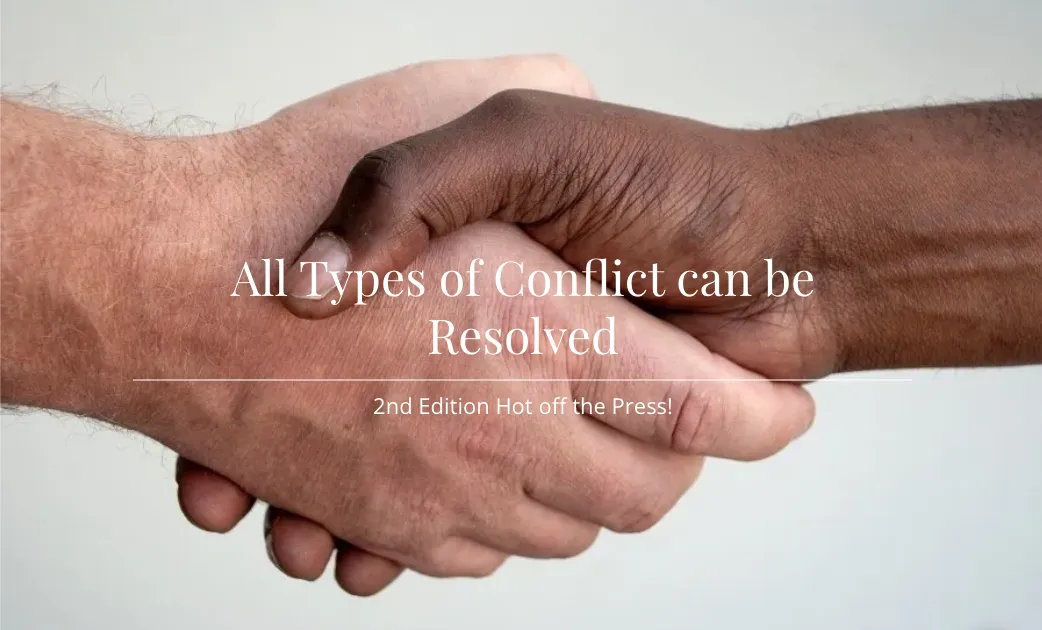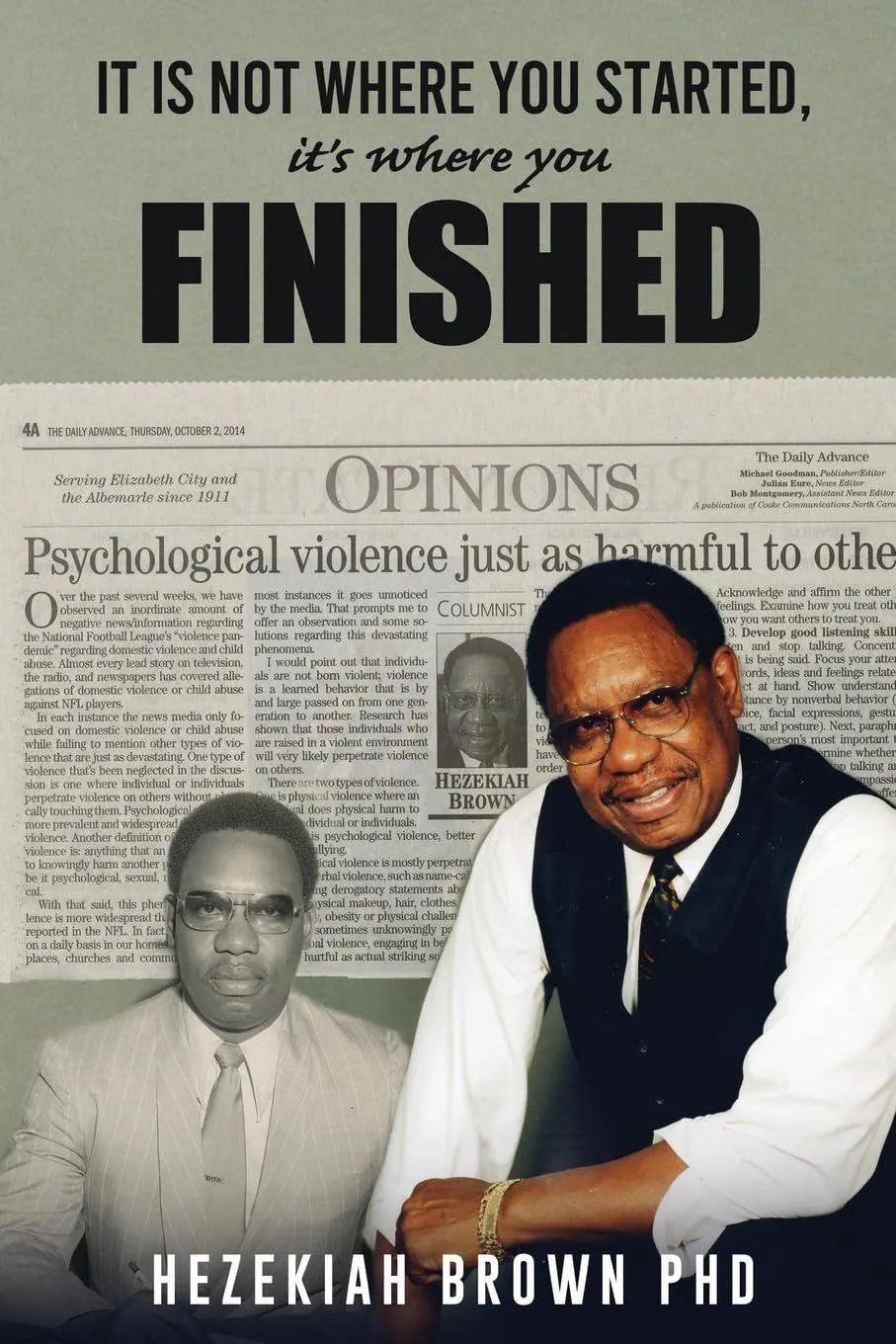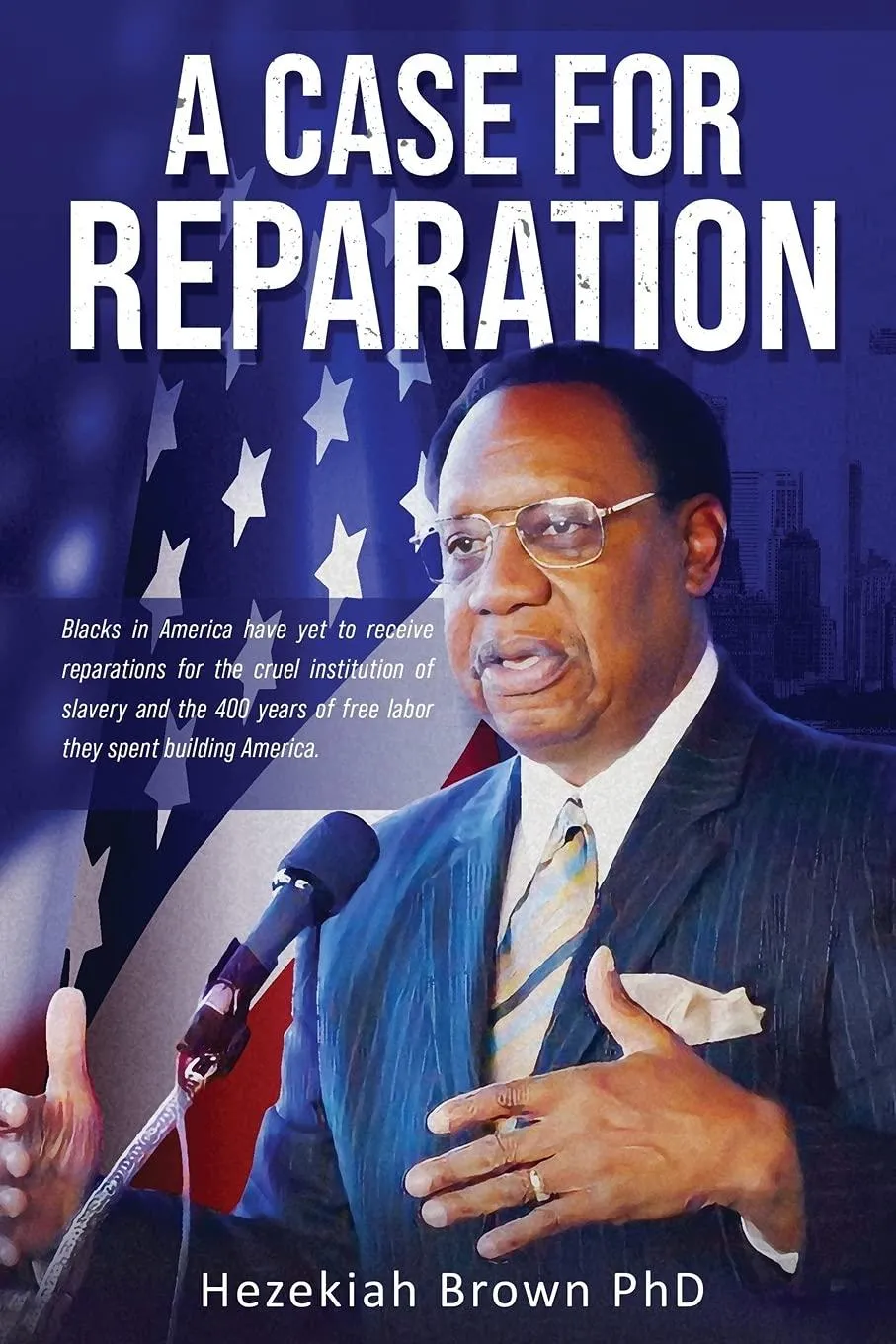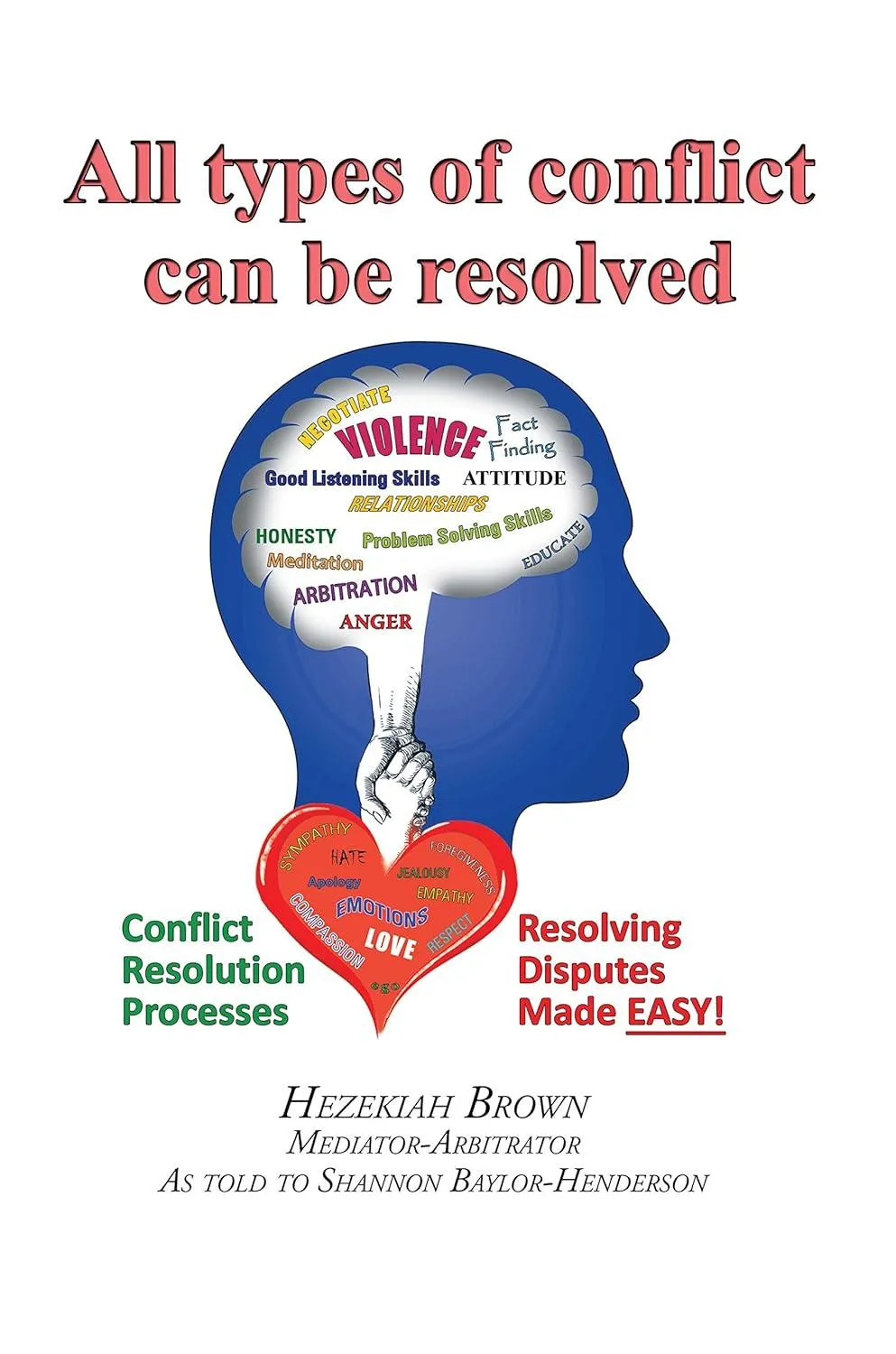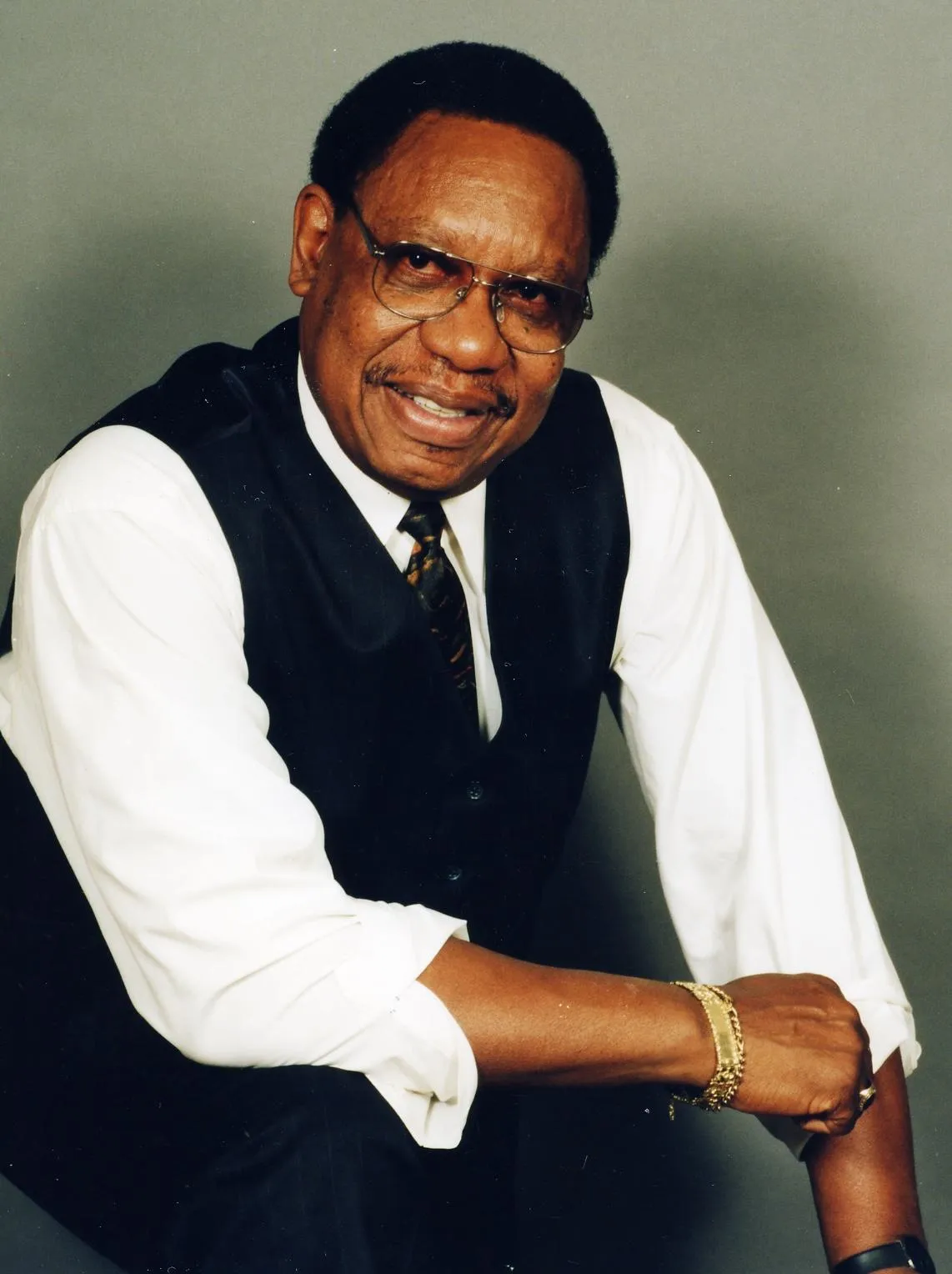
Dr. Hezekiah Brown
Hez Brown & Associates, LLC
Dr. Brown’s expertise extends beyond crime to encompass all forms of conflict. His diverse and multifaceted background equips him with a unique perspective that many lack. Central to his work are broad concepts of conflict resolution, which he applies to various aspects of human interactions and endeavors.
Dr. Brown makes a compelling case that introducing conflict resolution education early in life can significantly reduce a wide range of social issues. His books, written in clear and accessible language, are valuable resources for anyone seeking to understand and address conflict. Given the current prevalence of conflict and its profound impact on life-and-death situations, his writings are not just relevant but crucial for humanity’s well-being.
It Is Not Where You Started, It's Where You Finished
Step into the extraordinary life of Hezekiah Brown, a distinguished Arbitrator-Mediator and former Federal Mediator, whose journey from poverty-stricken Prichard, Alabama, to becoming the Chairman of the New York State Mediation Board is a testament to resilience and determination. In this compelling memoir, Brown shares his remarkable experiences of mediating over 5000 Labor-Management and community disputes, earning a place in Who's Who in America in 2023, and contributing to international initiatives in Russia and Europe.
Discover the man behind the accolades as Brown reflects on his 64-year marriage with Zelma Christine Brown, raising two adult children, Rodney L. Brown and Chandra D. Brown-King and two Granddaughters, Crystal N. Brown and Chanee (deceased), and leaving an indelible mark on the field of dispute resolution. With insights gained from more than 50 years in Corporate and Labor Relations, his expertise is sought after by top administrators at the state and national levels, as well as academia. From teaching at Cornell University to serving on the Labor-Management Task Force for Excellence in State and Local Government, Brown's impact is felt far beyond his retirement from the position of Deputy County Executive of Nassau County, New York.
In this inspiring narrative, Hezekiah Brown's journey encourages readers with the profound message, "It is not where you started, it's where you finished." Whether you're navigating personal challenges or seeking professional growth, Brown's story is a beacon of hope, resilience, and the power of forging one's own path.
A Case for Reparation
The author of this book Dr. Hez Brown was raised in Jim Crow Deep South, Prichard, Alabama. He lived in a segregated community attended segregated schools, rode in the back of the bus, drank from water fountains that read white-colored and worked as a migrant farmworker. Along this journey, he faced numerous instances of prejudice and job discrimination including physically observing cross burning in a neighbor's yard by the Ku Klux Klan. While serving in the United States Army as a Paratrooper in the 327 Airborne Battle Group, his Company was the first to arrive in Little Rock, Arkansas to enforce the Brown vs the Board of Education unanimous Supreme court decision on school integration at Central High School. He literally witnesses a mob with weapons, ax handle, shotguns to prevent the school from being integrated.
However, he was instrumental in navigating the system and serving in numerous high-profile positions. He served as Deputy County Executive in Nassau County, New York, Chairman of the town of Hempstead Public employment Relation, Board Federal Mediator, Chairman of the New York State Mediation and Employee Relation Boards, Director of Labor-Management programs at Cornell University Extension and was awarded an Honorary Ph.D. upon his retirement.
He has worked at every level of Government, Federal, City, State, Town and County including serving on the Secretary of Labor Robert Reich Committee on Excellence in Government through Labor-Management Cooperation.
In addition, he has arbitrated and Mediated over 5000 Labor-Management, and community disputes and was inducted into the National Academy of Arbitrators in Ottawa, Canada.
All Types of Conflict Can Be Resolved
This book gives one a myriad of tools to resolve conflicts, as well as his hands-on experience as an arbitrator, mediator, and teacher. There are many life preparation strategies that can be learned from his many experiences. His theory that all disputes can be solved is a truism. In his experience, he solved some of the most difficult disputes using his frame of references, theories, and education to reach a settlement. Some of those disputes are landmark discussions and are used as references to settle present disputes.
FAQS
What is the difference between mediation and arbitration?
Mediation and arbitration are both alternative dispute resolution methods, but they differ in their processes and outcomes. In mediation, a neutral third party, known as a mediator, facilitates discussions between the parties in conflict to help them reach a mutually agreeable solution. The mediator does not make decisions but instead assists in communication and problem-solving. In contrast, arbitration involves a neutral third party, called an arbitrator, who acts as a decision-maker. The arbitrator reviews evidence, hears arguments, and renders a binding decision. Mediation is often less adversarial and offers more control to the parties, while arbitration provides a final decision when parties cannot agree.
How long does the mediation or arbitration process typically take?
The duration of mediation or arbitration can vary significantly depending on the complexity of the dispute and the willingness of the parties to cooperate. Mediation is generally more flexible and can conclude in a matter of hours or a few sessions, whereas arbitration may take longer, ranging from several weeks to several months. The key advantage of both processes is that they are typically faster than traditional litigation, which can drag on for years. The exact timeline will be influenced by factors such as the number of issues to resolve, the level of cooperation among the parties, and the availability of the mediator or arbitrator.
Is the outcome of mediation or arbitration legally binding?
The outcome of mediation is not legally binding unless the parties agree to formalize their agreement into a legally binding contract or settlement. Mediation is a voluntary process, and any agreement reached is based on the willingness of the parties to comply. In contrast, the outcome of arbitration is typically legally binding and enforceable in court. Arbitration agreements often specify that the decision of the arbitrator is final and can be enforced through legal means. It's crucial to carefully review the terms of the mediation or arbitration process and any resulting agreements to understand the legal implications in your specific case.
